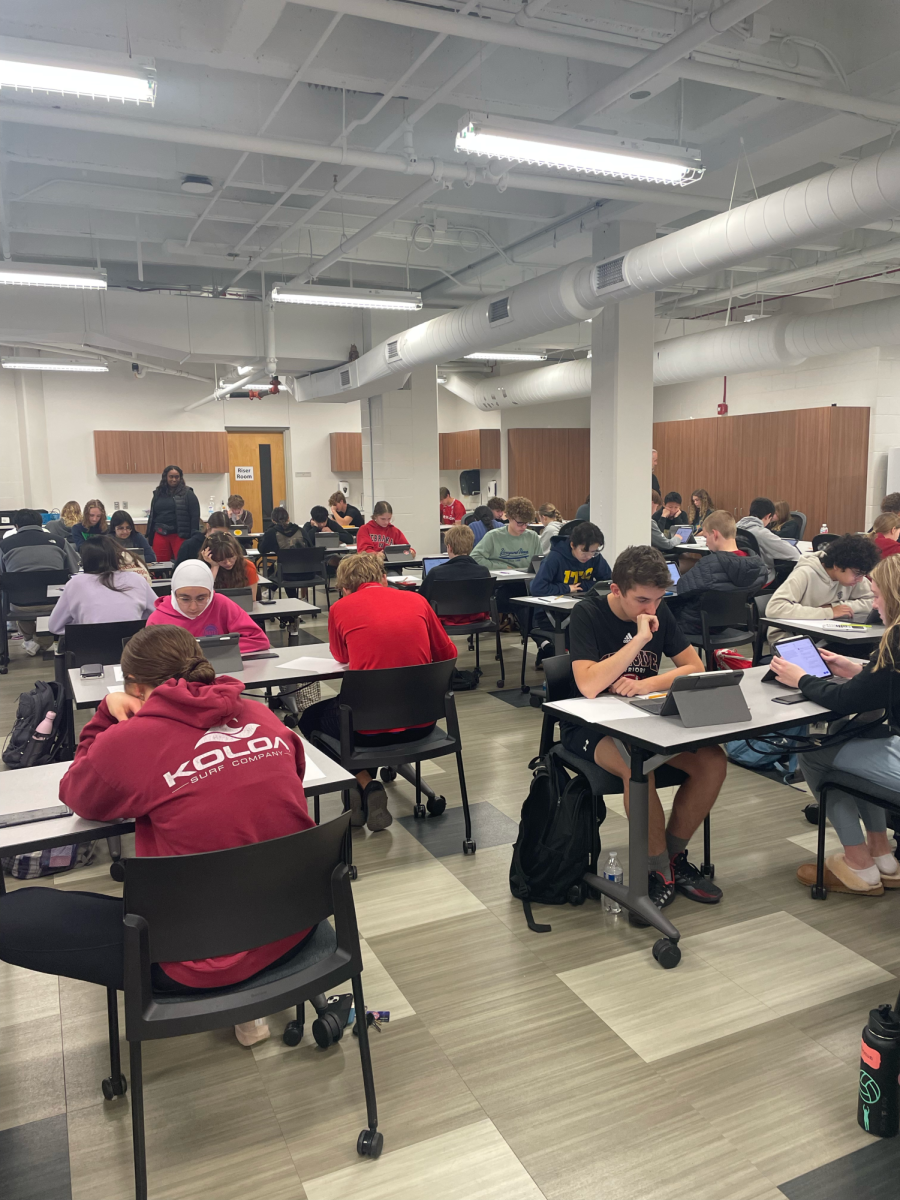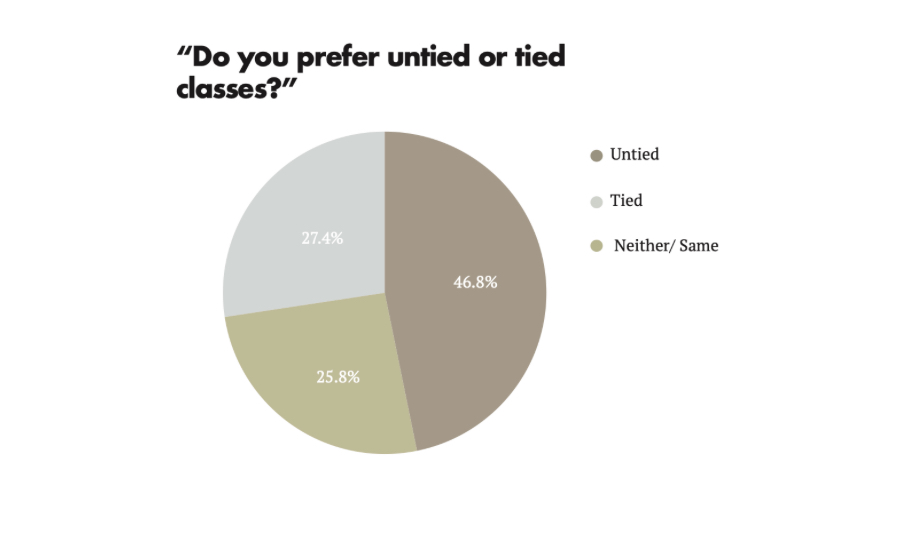This year, Westside is approaching the ACT with extra practice and a plan for increasing scores.
The pre-ACT taken sophomore year is half the length of the ACT. This year will be one of the first times students will take a test of this length and complexity. In past years, there was a year and a half gap between the practice test and the final test.
“What we did is shuffle everything,” said assistant principal Lois Rasgorshek.“Sophomores take the pre-ACT in the fall and then they will take a retired ACT test.”
This retired test is a test from previous years to help practice a more official ACT. This allows students to know what to expect of the official test.
“We don’t want it to be scary, we want you to be successful and comfortable,” Rasgorshek said.
The sophomore test will be scored in house and given back with an analysis of what’s incorrect and what’s not. The fall ACT for juniors gives the opportunity to earn a score that will be sent in for college admissions.
“A lot of this is about learning how to take a test and developing test endurance,” said principal Jay Dostal. “I can give students multiple opportunities to take the test, which we feel is the best opportunity for kids.”
Some students want to get an early ACT score to eliminate stress while applying for colleges, but ACT testing is not cheap. This fall, the test will be district funded.
“That’s an expense that some families can’t afford,” Dostal said. “So us being able to do the state test but also providing payment for the test gives students an opportunity that some would have never had.”
The goal of this plan is to make these days of testing comfortable and less intimidating to students, and give students time to prepare for the state test.
“It’s to help them get experience taking the test but also giving them an opportunity to improve their scores,” Dostal said.
During the Covid-19 pandemic, ACT test scores started falling across the nation. The urgency to have a test score in a college application has decreased. However, this test is still important to the school because it measures the school and students’ skill levels.
Rasgorshek explained the importance of still taking the ACT seriously, even if students are not college bound.
“The ACT still matters,” Rasgorshek said. “You might be surprised that, in life, standardized tests still happen as a grown up.”
Students have a wide variety of skills and not all of them will benefit from the ACT test. The school works towards growing students’ strengths and taking the right steps for their skillset, but students at Westside are given the same test as all students in Nebraska.
“It is not reflective of what they can do,” Rasgorshek said. “There was this moment when we realized we weren’t having the students practice and we needed to give them that.”















